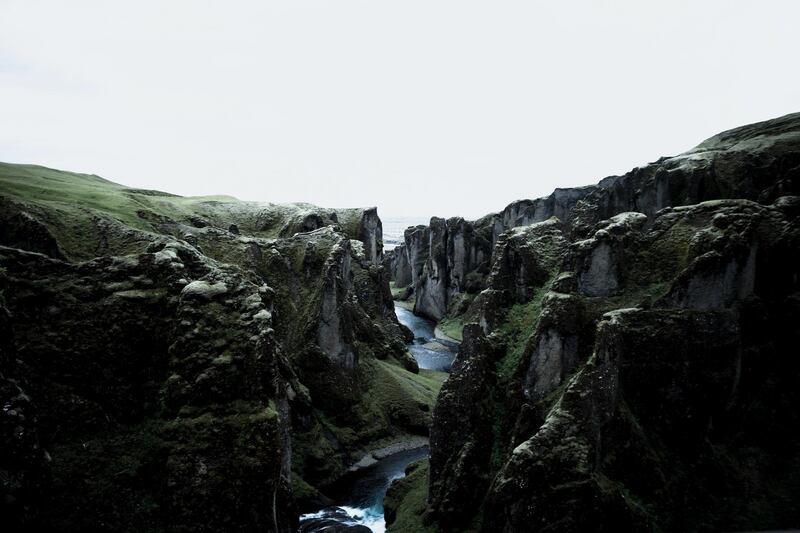Last month, British adventurer Benedict Allen claimed he was “not lost” when a helicopter was sent to rescue him from a remote area of Papua New Guinea. The author and film-maker had gone on a solo expedition to locate the Yaifo, one of the few remaining tribes in the world to have had virtually no contact with outsiders.
Allen himself had not taken a satellite phone with him, telling a British newspaper: “I don’t take a GPS because for me it is all about disappearing into a place.” Despite encountering huge storms, malaria and tribal warfare, Allen said: “I didn’t get lost. I always knew exactly where I was…Then suddenly a helicopter came from nowhere.”
Now, a travel company catering to the ultra-wealthy has launched a service in which "getting lost" is billed as the ultimate luxury. And as such, trips in areas such as the Jebel Saghro mountains and the Sahara desert in Morocco or the Altai mountains in western Mongolia start at $20,000 (Dh73,500) per person for the privilege, and costs can presumably rise much higher. "Black Tomato's Get Lost service is the ultimate experience for helping people to disconnect engage in the moment and push themselves to achieve a truly wonderful sense of satisfaction," its website reads.
Using the service, travellers will be taken to “unknown, uncharted destinations” (they can only choose between ‘polar’, ‘jungle’, ‘desert’, ‘mountain’ or ‘coastal’), kitted out and then left to explore their own way through them. Under the distant watch of a dedicated support team (travellers will carry a satellite phone for absolute emergencies and check in at various waypoints along the trip), holidaymakers will “find their inner steel, beliefs and passion to lead themselves to their journey’s end.”
While this sounds fun, I don’t think I’d pay this amount of money to do it, as I think real adventure is organic and unplanned. I can certainly see the appeal and can testify to the exhilaration of being truly lost in a place, and of the sense of achievement you get when you find your way out of it. On each trip I take I try to allow for a bit of ad-hoc adventure, whether it is following locals off-piste on the ski slopes or taking a “short cut” while hiking. I was once abandoned by a friend in the Wicklow Mountains of Ireland when I took off uphill across boggy terrain, tempted by the sight of a higher trail. My companion relished neither the uncertainty nor getting his feet soaking wet, so it was satisfying to return just a couple of hours later with spectacular views seared into my memory, and the photos to match.
My father, always a critic of macho adventure-for-adventure’s-sake, argued that the British taxpayer shouldn’t have to pay for the air, sea or land rescue services often deployed to help mostly public school educated “fools” who put themselves in danger for pointless fun, rock-climbing, hiking or sailing. Even as someone who has done all of those things I tend to agree, as teaching people that they have a constant safety net merely encourages poor planning and foolhardiness. One of the greatest lessons in travel is how people in other countries cope without such services.
Get Lost, though it may be favoured by the rich, at least makes it more certain that any rescue will be at the expense of the traveller or Black Tomato's travel company. So both for audacity and at least for taking advance responsibility for getting lost, this service gets my respect – if not quite yet, my cash.
_________________
Read more:
On the move: is privacy the ultimate luxury?
On the move: a brief moment of brilliance
On the move: the plight of the female business traveller
_________________





